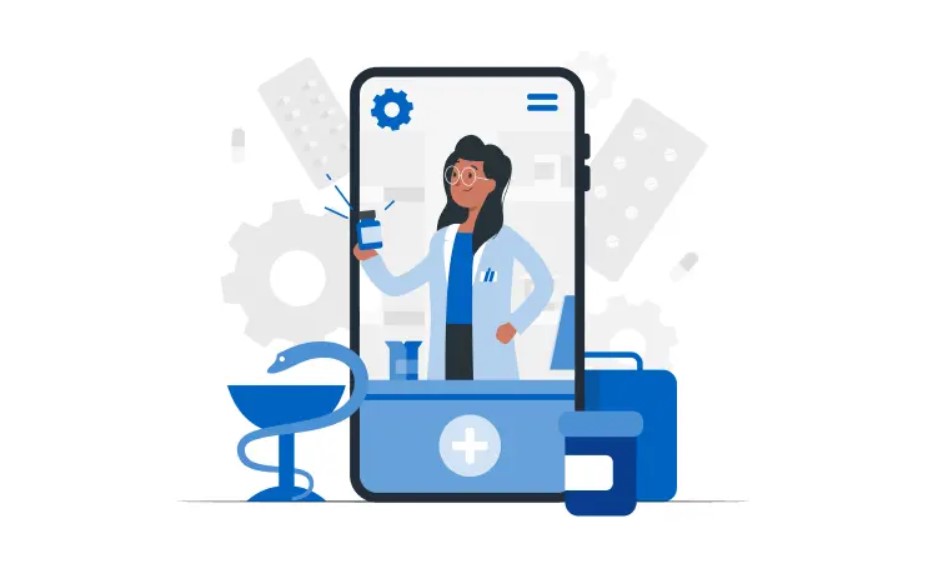
Pharmacy compliance training is a cornerstone of professional development within the healthcare sector, focusing on regulatory requirements, ethical standards, and best practices to uphold patient safety and operational integrity. As pharmacies navigate a complex regulatory landscape, compliance training plays a crucial role in maintaining adherence to standards and fostering a culture of accountability and excellence. For more detailed information, you can visit pafikuningankota.org.
Foundations of Pharmacy Compliance
Effective pharmacy compliance training begins with a thorough understanding of regulatory frameworks governing pharmaceutical practice. This includes compliance with federal and state laws, such as the Controlled Substances Act (CSA), HIPAA regulations for patient privacy, and guidelines set forth by accrediting bodies like the Accreditation Council for Pharmacy Education (ACPE).
Ethical Standards and Professional Conduct
Pharmacy compliance training emphasizes ethical principles and professional conduct standards that guide pharmacists and pharmacy technicians in their interactions with patients, healthcare providers, and stakeholders. Upholding integrity, transparency, and patient-centered care is paramount to maintaining trust and credibility within the healthcare community.
Risk Management and Quality Assurance
Training in pharmacy compliance encompasses risk management strategies and quality assurance protocols to mitigate potential risks and ensure the delivery of safe and effective pharmaceutical services. This includes protocols for medication storage, handling, dispensing, and documentation to minimize errors and promote medication safety.
Continuing Education and Regulatory Updates
Continuous learning is integral to pharmacy compliance training, as regulatory requirements and healthcare standards evolve over time. Pharmacists and pharmacy staff participate in continuing education programs, workshops, and webinars to stay informed about regulatory updates, new laws, and emerging best practices in pharmaceutical care.
Implementation of Policies and Procedures
Pharmacy compliance training involves the implementation and adherence to policies and procedures that govern daily operations and patient interactions. This includes protocols for medication reconciliation, adverse drug event reporting, controlled substance management, and compliance with medication therapy management (MTM) guidelines.
Audits, Inspections, and Documentation
Pharmacy compliance training prepares professionals for audits, inspections, and regulatory reviews conducted by state boards of pharmacy, accrediting organizations, and healthcare oversight agencies. Training focuses on maintaining accurate documentation, demonstrating compliance with standards, and addressing corrective actions to achieve regulatory compliance.
Technology and Compliance Integration
Integration of technology in pharmacy compliance training enhances efficiency and accuracy in regulatory adherence. Electronic health records (EHRs), pharmacy management systems, and automated compliance monitoring tools streamline documentation, medication tracking, and reporting processes, supporting comprehensive compliance management.
Conclusion
In conclusion, pharmacy compliance training is essential for ensuring regulatory adherence, promoting patient safety, and upholding professional standards within the pharmaceutical industry. By investing in comprehensive training programs that emphasize ethical conduct, risk management, and continuous education, pharmacies strengthen their commitment to quality care delivery and operational excellence. Through ongoing compliance efforts and a dedication to best practices, pharmacists and pharmacy technicians play a pivotal role in safeguarding public health and advancing pharmaceutical services in a dynamic healthcare environment.



